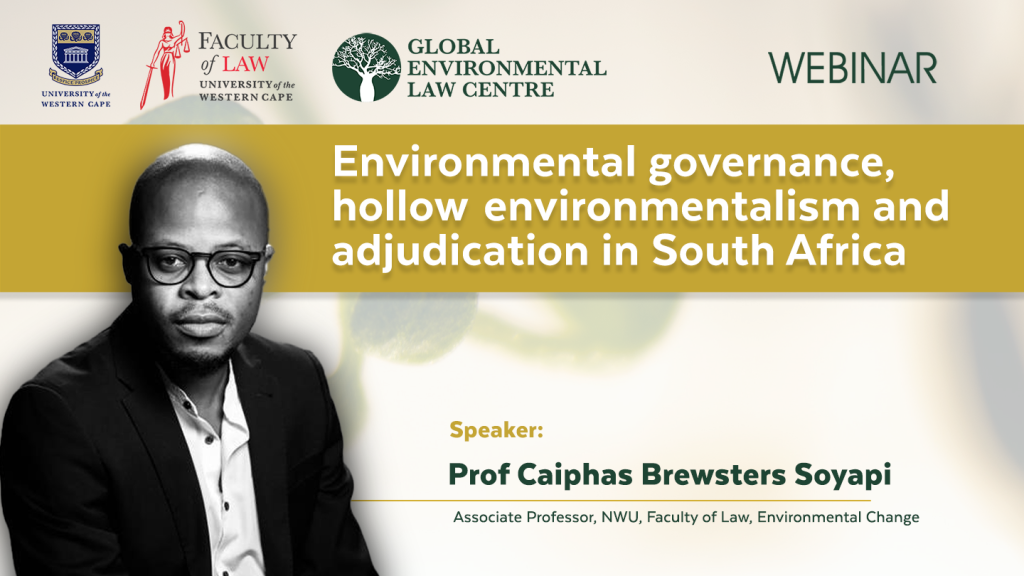News & Events
In 1956, Doris Stenton published The English Woman in History. According to her, the Norman Conquest of 1066 ended the egalitarian social status of Anglo-Saxon women and ‘introduced into England a military society’ that made women ‘essentially unimportant’ (p. 348).
Werner Scholtz, professor of law at UWC, has called for a paradigm shift in international environmental law, which he says ‘is concerned with the conservation, inter alia, of sentient species, but generally ignores the welfare of individual animals.
In 1956, Doris Stenton published The English Woman in History. According to her, the Norman Conquest of 1066 ended the egalitarian social status of Anglo-Saxon women and ‘introduced into England a military society’ that made women ‘essentially unimportant’ (p. 348).
Werner Scholtz, professor of law at UWC, has called for a paradigm shift in international environmental law, which he says ‘is concerned with the conservation, inter alia, of sentient species, but generally ignores the welfare of individual animals.
My thought experiment in this paper leads me to the conclusion that South Africa’s environmental governance performance often experiences what l term ‘hollow environmentalism’: the inevitable overall long-term outcome resulting from the practice of promulgating seemingly symbolic laws and policies whose objectives are often not fulfilled.
The discussions on animal rights strongly focus on the plight of domestic animals and tend to have a laissez-faire approach to wild animals.








